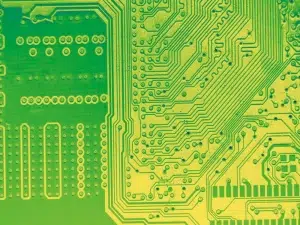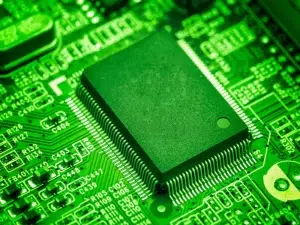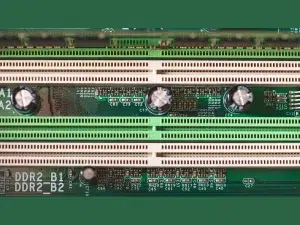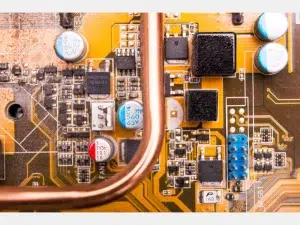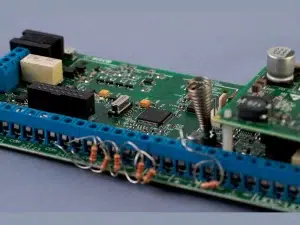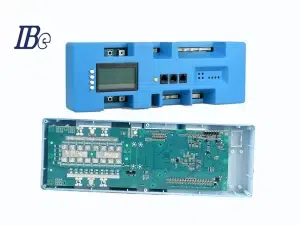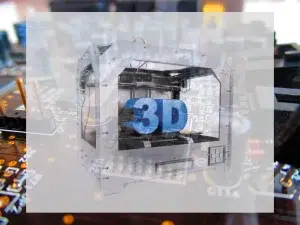With the vigorous development of the information age, big data technology, with its ability to process huge and diverse data sets and multi-dimensional data analysis methods, can bring huge benefits and opportunities to individuals, enterprises and society. As a key component supporting big data processing, what role do electronic components play in big data technology? Big data technology Let’s introduce the relationship between electronic components and big data technology.
Electronic components play an important role in big data processing. They provide the necessary functions and capabilities to support the collection, transmission, storage and processing of large-scale data.

The following are several key roles of electronic components in big data processing:
1. Sensors and data collection equipment: Sensors are the basis for data collection. They can convert physical, chemical or other types of data into electrical signals. Sensors include temperature sensors, humidity sensors, pressure sensors, acceleration sensors, etc. The data collected by these sensors are used to monitor and sense changes in the environment, providing a real-time and accurate data source for big data processing.
2. Data transmission equipment: The data transmission equipment is responsible for transmitting the collected data to the central processing unit or storage device. These devices include network equipment, wireless communication modules, data cables, etc. They ensure that data can be transmitted to the designated location efficiently and reliably, providing the necessary data flow for subsequent data processing.
3. Storage equipment: Big data processing requires large-scale data storage capabilities. Electronic storage devices such as hard disk drives (HDD), solid state drives (SSD), and flash memory provide high-capacity and high-speed data storage solutions. These devices can persistently store large amounts of data for subsequent analysis and query.
4. Data processors and computing devices: Processors and computing devices in electronic components are key components for big data processing. They can handle complex computing tasks and algorithms, and perform operations such as data aggregation, data cleaning, data transformation, pattern recognition, and machine learning. The high-speed computing power and parallel processing capabilities of the processor can accelerate the speed and efficiency of big data processing.
5. Data accelerators and special chips: In order to further improve the performance of big data processing, some specially designed electronic components are also widely used. For example, graphics processing units (GPUs) excel in parallel computing and can be used to accelerate data processing tasks. Special-purpose chips such as FPGA (Field Programmable Gate Array) and ASIC (Application Specific Integrated Circuit) can also provide highly customized and optimized solutions for specific data processing tasks.
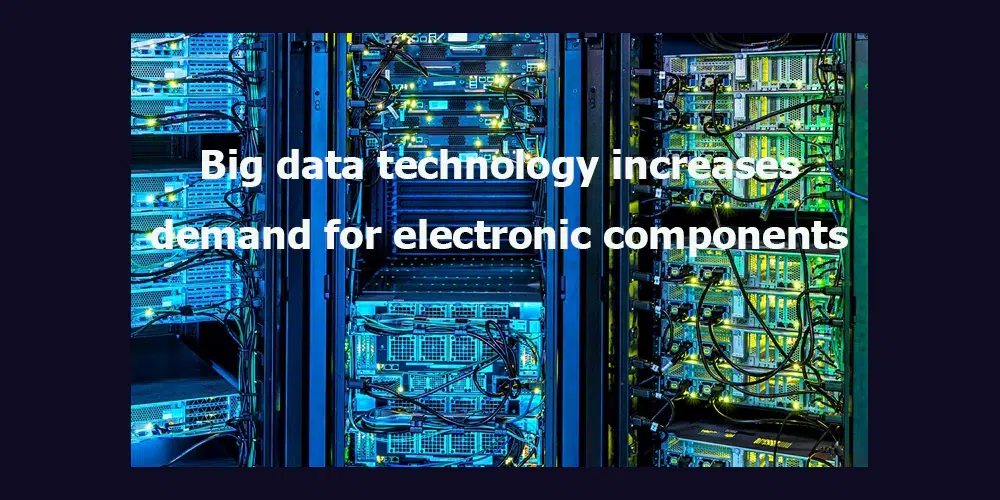
The rapid development and widespread application of big data technology have also produced a significant increase in the demand for electronic components, which is specifically reflected in aspects such as storage capacity, computing power, data transmission and communication, sensors and Internet of Things equipment, and data security.
1. Storage requirements: Big data technology requires the processing and storage of huge data sets. Traditional storage devices and technologies often cannot meet the storage needs of large-scale data. Therefore, big data technology has promoted the demand for high-capacity and high-performance storage devices, such as solid-state drives (SSD), distributed file systems, etc.
2. Processing power: Big data technology requires powerful computing power to process massive amounts of data. Traditional computing devices and processors may not be able to meet the requirements of big data processing. Therefore, faster and more efficient processors and computing platforms are needed, such as graphics processing units (GPUs), multi-core processors, and distributed computing systems.
3. Data transmission and communication: Big data technology usually involves the collection, transmission and sharing of data. This requires high-speed, reliable data transmission and communication equipment. For example, high-speed network equipment, optical fiber communication technology and high-bandwidth communication protocols are all indispensable components in big data processing.
4. Sensors and IoT devices: The application fields of big data technology include the Internet of Things, smart cities, industrial automation, etc. These applications require a large number of sensors and IoT devices to collect data. Therefore, big data technology has promoted the increase in demand for sensor technology and Internet of Things equipment, involving the demand for electronic components such as sensors, embedded systems, and wireless communication modules.
5. Data security and privacy protection: Big data technology involves processing sensitive and confidential data, so data security and privacy protection have become important issues. This requires electronic components with strong security properties such as security chips, encryption algorithms, and access control to ensure data security.
To sum up, electronic components, as an important part of supporting big data processing, provide necessary support and foundation for the implementation of big data technology. Big data technology drives the increasing demand for electronic components and promotes innovation and development in the electronic components industry.

